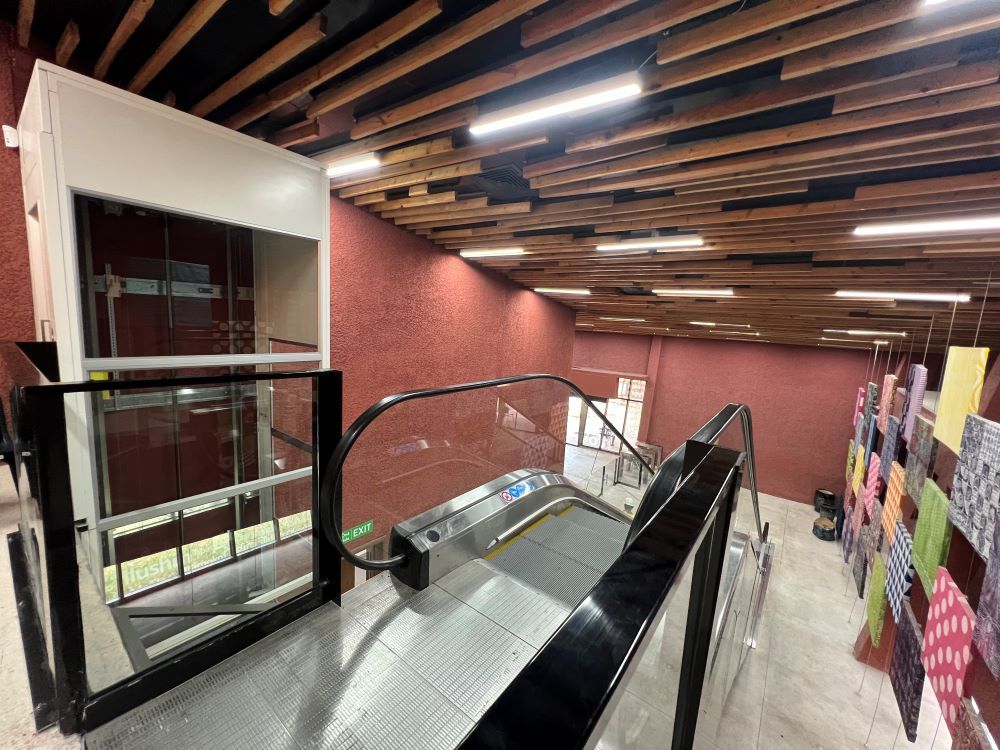Protests have erupted across Canada as thousands of students express opposition to the Justin Trudeau government’s recent decisions on immigration policies.
The changes, which include limiting study permits and reducing permanent residency nominations, put over 70,000 international student graduates at risk of deportation.
On Monday, Prime Minister Justin Trudeau announced further measures, such as reducing the number of temporary foreign workers in low-wage jobs.
These moves follow previous policy changes, including the abolition of work permits for international students under the Post-Graduation Work Permit program in 2021 and the introduction of a two-year cap on international student visas last year.
International students, who accounted for 37% of study visa holders in Canada in 2023, are concerned about their future amidst the country’s housing crisis, unemployment, and strained services.
The government anticipates a 35% decrease in foreign student intake due to the visa cap.
To address this, the Canadian government in June announced that foreign nationals can no longer apply for a post-graduation work permit (PGWP) at the border.
The protests are taking place from coast-to-coast, with international students setting up encampments and organising rallies in various provinces, including Prince Edward Island (PEI), Ontario, Manitoba, and British Columbia.
In PEI, hundreds of students have been protesting outside the legislative assembly for over three months, challenging the changes in immigration rules.
Representatives from the Naujawan Support Network, a student advocacy group, have warned that many graduates could face deportation when their work permits expire at the end of the year.
The situation has become particularly dire due to new provincial policies that have introduced a 25% reduction in permanent residency nominations, leaving many students unexpectedly vulnerable.
“I spent six years taking risks to come to Canada. I studied, worked, paid taxes, and earned enough Comprehensive Ranking System (CRS) points, but the government has taken advantage of us,” Mehakdeep Singh, a former international student facing deportation, told City News Toronto.
Singh, who invested his family’s life savings in tuition, is now confronting a daunting deadline with no guarantee of permanent residency.
Marc Miller, Minister of Immigration, Refugees and Citizenship, said foreign nationals can no longer apply for a post-graduation work permit (PGWP) at the border from June 21.
This decision targets “flagpoling”, where temporary residents exit and re-enter Canada to expedite work or study permit applications.
The PGWP is crucial for international students seeking employment and permanent residency, with a notable surge in issuances in 2023 as compared to 2018.































